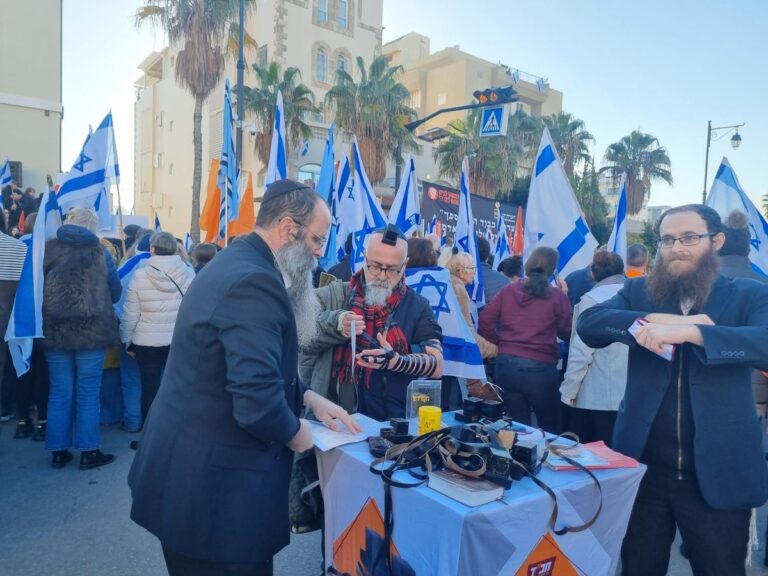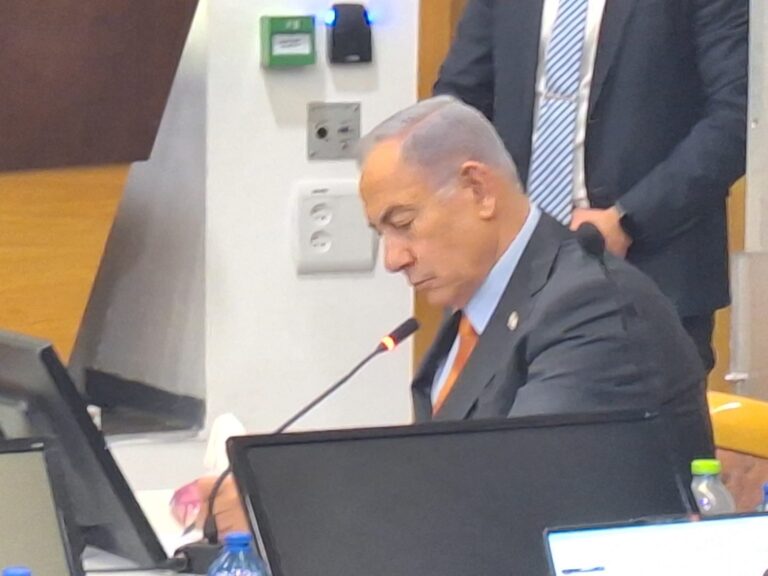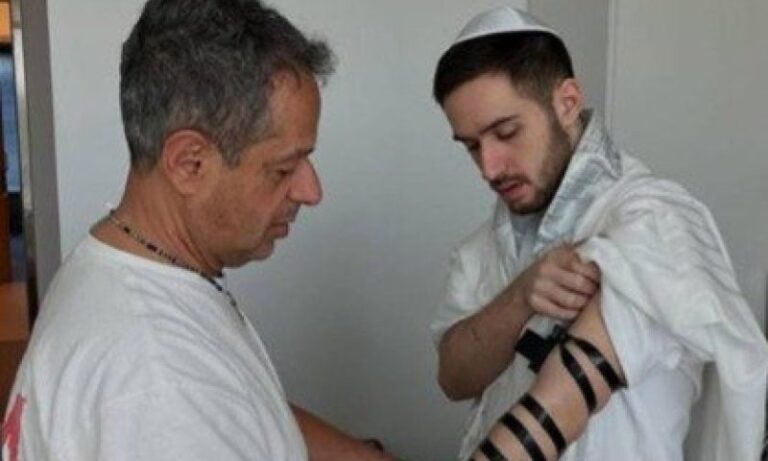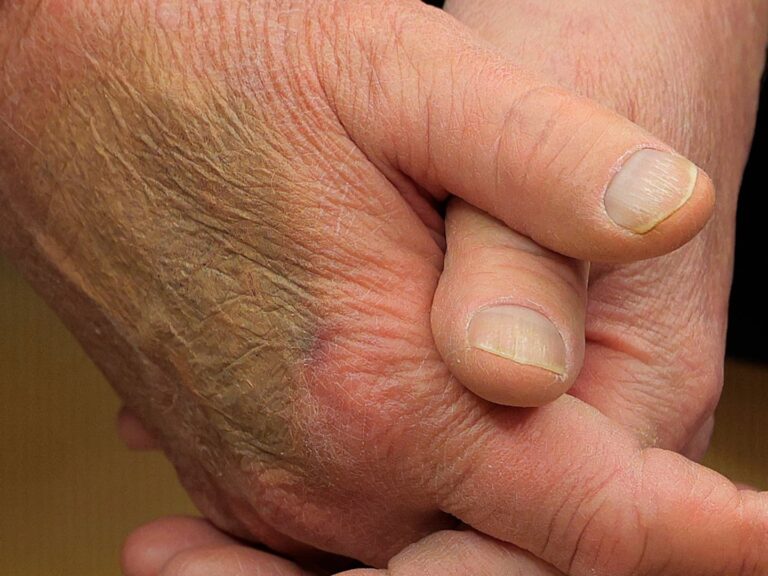 The Rev. Al Sharpton, civil rights leaders and representatives from the retail industry met Thursday with New York Police Department Commissioner William J. Bratton to discuss the role of police officers in allegations of racial profiling at department stores that surfaced last fall in shoplifting cases that have resulted in numerous lawsuits.
The Rev. Al Sharpton, civil rights leaders and representatives from the retail industry met Thursday with New York Police Department Commissioner William J. Bratton to discuss the role of police officers in allegations of racial profiling at department stores that surfaced last fall in shoplifting cases that have resulted in numerous lawsuits.
The meeting at police headquarters, the first time Sharpton had visited Bratton there since doing so in protest during his first term as commissioner in the 1990s, focused on when and how officers should be summoned by staff at stores that suspect shoplifting or other criminal activity, Sharpton told reporters at a press conference afterward.
A 911 call will be made by store security every time shoplifting is suspected, he said he was told, rather than a call being made to a local precinct or the cellphone of a police officer.
“A 911 call will at least give us the basis of how these situations started,” he said.
Last fall, several black shoppers alleged they were racially profiled at Macy’s and Barneys New York. The stores denied they had policies that targeted black customers. Numerous other lawsuits have been filed since.
In December, civil rights leaders and representatives from retail chains agreed to sign a customer’s bill of rights, drafted by the Retail Council of New York State trade group, which would prohibit profiling and unreasonable searches. That document now hangs in department stores throughout the country, Sharpton said.
In a statement, Stephen Davis, the NYPD’s top spokesman, said that a policy requiring store security to call 911 in such cases was issued last October, during the previous administration.
Sharpton said in a telephone interview after the event that he was unaware the 911 policy was already in place before Thursday’s meeting.
“At best, we forced the policy now to be known to everybody in the city,” he said. “At worst, we got the new commissioner to commit that he would continue it.”
(AP)











One Response
The way Jews dealt with the problem of profiling a century ago (when New York Jews, at least East European ones, were at the bottom economically and socially) was to launch a vigorous community campaign to fight crime and to marginalize Jewish criminals. Families of Jews being executed (remember New York had capital punishment then, and there were many Jews who earned it, sometimes had trouble finding any rabbi to attend their funerals). Within a generation or two, the stereotype changed and Jews were no long perceived as being criminals.
Attacking profiling reinforces the idea that the profiling is justified. Bad public relations.